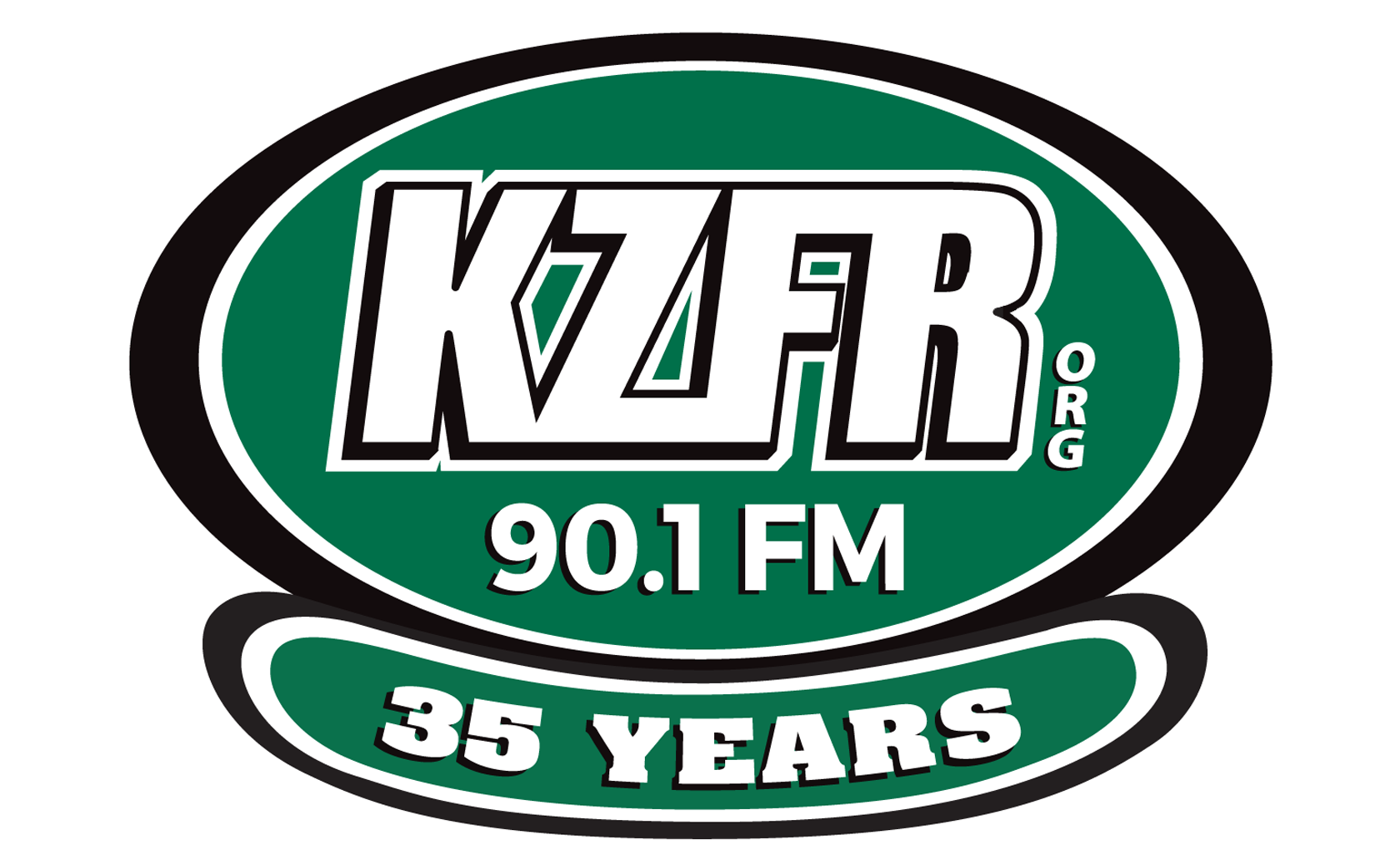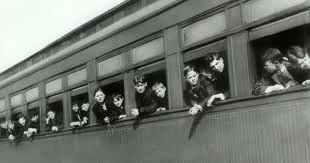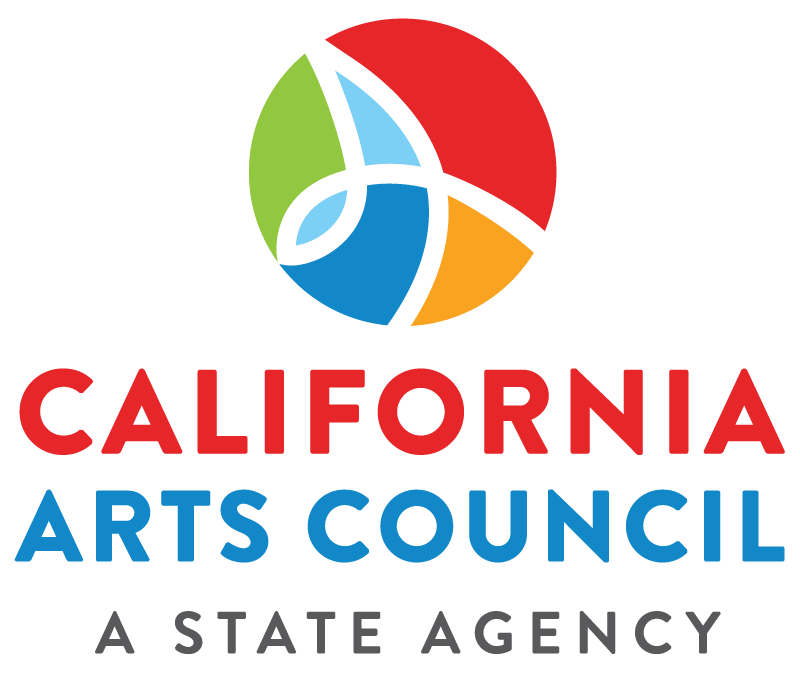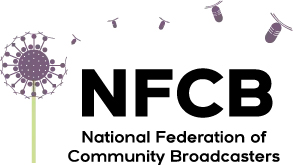Along with folk, bluegrass, country and string band traditions, American Pastimes features a Hank Williams radio broadcast from 1950, six songs about orphans and orphan trains, the 78 rpm music of Dr. Humphrey Bate & His Possum Hunters from c.1930, and tunes by S. F. Bay Area musicians Evie Ladin, The Crooked Jades, and the Knuckle Knockers.
Today, at America’s southern borders Latino parents are leaving their children in the hands of strangers while praying that Jesus will go with them. In Afghanistan parents were handing over their children to American soldiers while calling on Allah to protect them in their journey. These aren’t the first instances that children were turned into temporary orphans in the hope of a safe and better life. In the U.S. between 1853 and 1929, a quarter of a million children were re-located from eastern cities to western towns and rural areas via Orphan Trains.
Take us in, we have rode the Orphan Train
Take us in, we need a home, we need a name
Take us in, oh won't you be our kin
We are looking for someone to take us in
The mass relocation was developed by two competing religious organizations; the Protestant Children’s Aid Society (CAS) and the New York Catholic Foundling Hospital. New York’s population grew exponentially during the 19th century due to the massive influx of immigrants that were required to meet the production needs of the new age of industrialization. More people led to higher mortality rates from the combined effects of disease and industrial accidents. The low wages kept most new immigrant families at poverty levels of subsistence which resulted in increased numbers of deaths related to poor nutrition and alcoholism which also promoted child abuse and child abandonment.
The Children’s Aid Society (CAS) focused on the Irish-Catholic and Jewish “street arabs, waifs and urchins” that had arrived with the latest wave of immigrants. They sent their wards to Protestant households where they would have the opportunity to grow into productive, hard-working Protestants. CAS would send flyers ahead of the train and whoever wanted a child could show up at the station and sign the papers. Unclaimed children continued on to the next stop. In response, the Catholic agency began sending children to parishes for adoption into Catholic homes. The Foundling Hospital signed up parents in local parishes prior to the train’s departure. Those families and the local priest met each child at the station to take them home.
All good intentions aside, ethnic, cultural and religious bias played a prominent role in the rescue efforts. Many children caught up in the street-cleaning effort were not orphans or abandoned. Factory employees, often single mothers or fathers, working six or seven 14-hour work days each week were forced to leave their children unsupervised for much of their waking hours. The term "orphan" was applied somewhat indiscriminately in many cases.
I have stolen from the poor box and I've begged the city streets
I've swabbed the bars and poolrooms for a little bite to eat
In my daddy's old green jacket and these rags upon my feet
I've been looking for someone to take me in.
In September 1904 an Orphan Train was scheduled to arrive in Clifton-Morenci, Arizona. The Sisters of Charity had made arrangements through the local Catholic priest and forty orphans from New York City were to be taken in by good Catholic families.
The Children's Home they gathered us, me and all the rest
They taught us to sit quietly until the food was blessed
Then they put us on the Orphan Train and sent us way out West
To try to find someone to take us in.
Clifton-Morenci was an isolated mining company boomtown with copper mine shafts and smelters and a growing population that was already class conscious. The mining started in the 1880’s and for its first 20 years the town was made up primarily of Mexican peasant laborers. At some point Dodge Phelps, a corporate copper giant took over the operation. They imported managers and immigrant laborers from the eastern U.S. and the community’s demographics began to shift. The Catholic Church had been active in the area since before statehood and while Father Mandin the local priest was French, his flock was made up of Mexican nationals. When Irish and Italian Catholics arrived from the east coast none would attend the local parish church. Better to skip Mass than to share a pew and rub elbows with praying Mexicans.
The farmers and their families they came from miles around
We lined up on the platform of the station in each town
And one by one we parted like some living lost-and-found
And one by one we all were taken in.
Since the Anglo-Catholics weren’t engaged in Church activities the 'good' families from the Church’s perspective were all Mexican. After seven straight days of travel the orphans arrived. They were taken from the station to the Church where their adoptive families would sign for them and take them home, and as the white-faced, light-haired primarily Irish-Catholic children stepped off the train they disappeared into a sea of brown skin and dark hair. This just didn’t seem right to the few Anglo observers who were at the station.
That night there was a downpour and before it was over a posse of furious white men were riding their horses through the dark, wet desert. Earlier they had showed up at the Church, threatened the Sisters with their rifles and a noose and upon learning who the adoptive families were, rode out to each household. After politely knocking on each door they threatened the parents and then “rescued” the children.
The orphans were taken in by Anglo families and a judge was brought in to validate the vigilante kidnapping and issue new adoption papers. The Mexican families were falsely portrayed as slovenly, lazy, of loose morals, and illiterate. The children wouldn’t be educated properly (even though they had a school) and they wouldn’t receive the best possible medical care (even though the local Anglo doctor and the Mexican curandero both treated everyone without bias). The Sisters of Charity stood fast in their right to choose the best possible homes for the children and Father Mandin explained to the judge that he didn’t know there was a difference between Mexicans and Americans. The judge refused to oblige the Anglo vigilantes and the town’s atmosphere became even more charged and toxic: Verging on a riot, the increasing threat and fear of violence caused the Sisters to finally back down. Father Mandin was forced to leave town on the next train and the children were dispersed to new homes; some to local families, some to other communities.
Take us in, we have rode the Orphan Train
Take us in, we need a home, we need a name
Take us in, oh won't you be our kin
We are looking for someone to take us in.
The Sisters took the case to a series of higher courts but they eventually lost: Some judges weren’t impressed by the fact that the intimidated nuns let the children go without a Court Order and others ruled in favor of the vigilantes because they believed that they were acting in the best interests of the children, culturally and economically. This bias remained as one legal justification for Orphan Trains until the dawn of the modern American foster care system in the 1920’s.
Source: Linda Gordon’s “The Great Arizona Orphan Abduction” Harvard Press. 1999. Lyrics: “Orphan Train” by Utah Phillips.
On American Pastimes: Jody Stecher & Kate Brislain “Orphan Train,” Gillian Welch “Orphan Girl,” Allison Moorer “Orphan Train,” Buel Neidlinger & the Ratchet Brothers’ “Left on the Street,” Rosanne Cash “Motherless Children,” Jack Hardy & David Massengill “Rider on an Orphan Train.”









